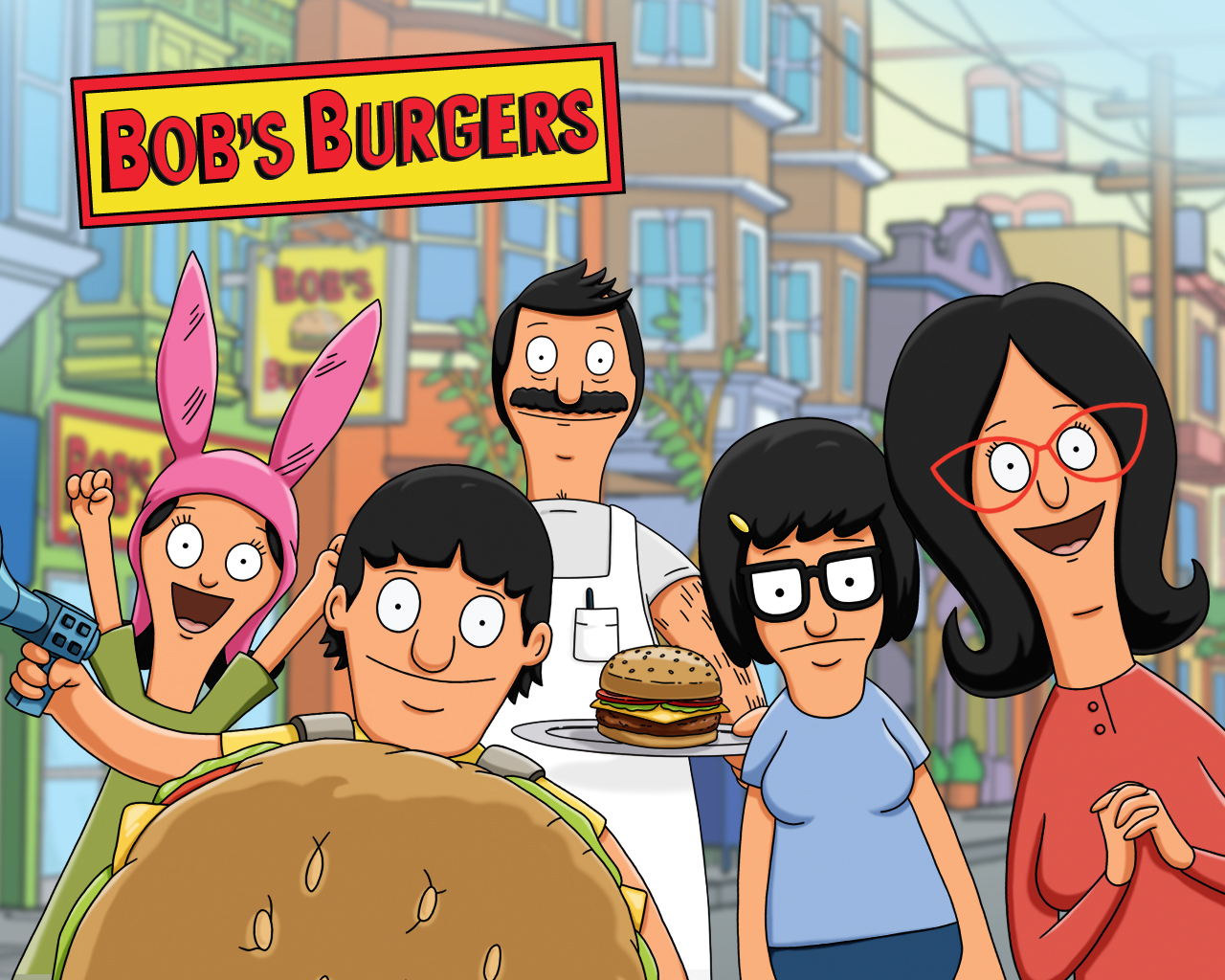English Dub Season Review: Sweet Reincarnation Season One
Overview (Spoilers Below):
Pastry Mille Morteln (Trina Nishimura) is both his father’s heir and the reincarnation of an unfulfilled pastry chef. While he dreams of a land filled with sweet treats, there’s a lot to be done first! From learning how to fight to controlling his magical talents and doing his best to defend his village from bandits, and yet all he really wants to do is bake the perfect apple pie.
Our Take:
Sweet Reincarnation is an anime adaptation of a light novel series written by Nozomu Koryu and illustrated by Yasuyuki Shuri. It began as a web novel published on the Shōsetsuka ni Narō website in February 2015 before its acquisition by TO Books. It is directed by Naoyuki Kuzuya and written by Mitsutaka Hirota. The series is produced by SynergySP, with cooperation from Studio Comet. Tomoko Miyakawa created the character designs, and Hiroshi Nakamura composed the music. The opening theme song is “Brand New Day” by Sana from Sajou no Hana, while the ending song is “Fūmizekka” by YuNi.
Many reincarnated characters aim to be the most powerful beings in another world or live a great second life. One particular person has a different objective in mind, and it involves a whole bunch of sweets. To the surprise of no one, I’m reviewing yet another addition to the extremely long list of isekai adaptations with the potential of being the sweetest one to date. I swear, it’s like I’m a magnet to the shows from the popular genre. But since I’ve been enjoying most of these shows so far, I have no other reason to complain about it. This series is no different, as it involves a character attempting to create sweets in an alternate world. But is it delicious enough to warrant a recommendation to isekai fans? Well, it depends on people’s tastes and what they want from its concept.
At first glance, Sweet Reincarnation seemed to be an isekai version of Food Wars, in which characters create tons of food in a stylish fashion. With the main character making sweets in an alternate world, this show would’ve provided an intriguing and tasty twist to the genre. However, after watching the first few episodes, I realized this wasn’t the case. While it does provide moments of the main character, Pastry, gathering ingredients to cook delicious treats, it’s not the main element driving the plot. Instead, it has Pastry encountering many political problems and striving to resolve them to make people happy and create his sweet utopia. Some of these scenarios include rebuilding his village following a bandit invasion, protecting twin princess sisters Petra (Macy Anne Johnson) and Licorice Hubarek (Emi Lo) from mercenaries, and ending a civil war between the Hubareck family and their rival, Margrave Lutoroute (Landon McDonald).
In other words, Sweet Reincarnation struggled to live up to those expectations set by its premise, as it resorts to more of the same we expect from other isekai shows, but with treats and politics. You have a patissier reincarnating into another world as a young boy, similar to those like The Reincarnation of the Strongest Exorcist in Another World, and dealing with several obstacles to achieve his goal. It’s about as basic as you can get from an isekai series. However, just because it doesn’t deliver what is given from its plot, it doesn’t mean the series is sour for the wrong reasons. Sure, the segments involving Pastry’s sweets are very few in between, but the journeys to get to those moments are mildly delightful enough to compensate for the show’s shortcomings.
Regarding the execution of its seasonal plot, Sweet Reincarnation relies solely on the charm and comedy of its characters and scenarios to advance Pastry’s delectable yet formulaic journey. While it periodically provides enjoyment instead of boredom, it rarely compensates for specific moments involving the characters’ relationships. The primary example is the relationship between Pastry and his father, Casserole (David Matranga). The series occasionally sees the two in a comical conflict regarding their interests. While Pastry wants to create his utopia filled with sweets, Casserole strives to make him the village’s protector, resulting in Pastry accomplishing specific tasks with his father to achieve his dream. It doesn’t impact this relationship too much regarding its light-hearted tone, but the father/son chemistry was as delicious as Pastry’s bonka pie.
One reason is their dreams are similar regarding the intended goals. Despite their different desires, Pastry and Casserole both strive to protect their people from specific threats. Pastry hopes to make people happy with his cuisines, but he must also perform that task by protecting everyone he cares about to accomplish his desired goal. The other reason is the comedy, which periodically sees Casserole getting frustrated by Pastry’s stubbornness and desire for sweets. This resulted in the father smacking Pastry on the head, yelling at him, or both. On some occasions, it’s admittedly amusing seeing Pastry get his just desserts, even though I also felt bad for him to be severely punished over a silly mistake.
The series also showcases plenty of other comedic moments that don’t involve Pastry and Casserole’s relationship, including Pastry’s reactions. However, some of these humorous sequences didn’t reach the same amount of laughs as others. In fact, one of them actually turns out to be more disgusting than funny regarding the execution. The one I’m referring to comes from its tenth episode, “Apples of Love and Sad Threats of War”, where Countess Brioche (Brianna Roberts) gets marriage proposals from younger nobles after Pastry sends pictures of her hugging him to his customers. It’s supposed to be played for laughs, mainly at Brioche’s humiliation, but instead, it sheds the portrayal of kids inappropriately touched by an adult in a problematic light.
The characters may not be memorable regarding their arcs, but they’re charismatic enough to inject some flavor into the series, thanks to the voice cast. Pastry and Licorice are the most effective of the group, mainly due to their cute relationship and personalities. Pastry is occasionally stubborn when it comes to accomplishing his goal, but that doesn’t make him unlikable. As he strives to make people happy with his delectables, Pastry gradually learns he can make them smile through his generosity, including Licorice. What also makes Pastry a decent character is that he uses his political knowledge to solve problems, not just his abilities like most OP isekai characters, especially in “A Spicy Negotiation and Sweet Baked Treats”. Trina Nishimura, known for voicing Mikasa Ackerman from Attack on Titan, did a solid job manifesting this character through her amusing performance.
Then, there’s Licorice, Petra’s extremely timid sister and Pastry’s love interest. She continuously doubts being in Petra’s shadow, but it isn’t until Pastry comforts her that Licorice gains confidence. While some moments involving her and her relationship with Pastry were a bit rushed, Licorice’s personality was decent enough to play a role in Pastry’s quest to bring happiness to people, thanks to Emi Lo’s vocal performance. Molly Zhang and Reshel Mae also did pretty well with their performances as Marc and Lumi, Pastry’s friends, even though they don’t appear as much as the main characters.
Regarding the animation, you can do no wrong in displaying serene backgrounds and world-building, especially in an isekai series. However, the style produced by SynergySP and Studio Comet left me feeling mixed, like how Pastry feels after trying Licorice’s salty cookies. On the one hand, the animation portrays the show’s vibrant settings and Pastry’s delectable treats. On the other hand, it’s not something I would call “top quality”. There are specific sequences where the animation looked cheap compared to other isekai shows with top-notch animation. The characters’ missing faces are noticeable when portrayed afar, especially Lord Kaldecek and his grandson Squale (Ben Stegmair) from “Sweet Matchmaking Photos and Twin Ladies”.
Overall, Sweet Reincarnation is far from delicious, but it’s tasty enough to satisfy the appetites of several isekai fanatics. It can be concerning at first since the show focuses more on its isekai political elements than Pastry’s quest to create a sweet utopia. However, it made the formula almost as enjoyable as watching Pastry make his delectable treats regarding the show’s charm, heart, and humor. I would even say it’s tasty enough to see what Pastry might cook up next in a potential season two. If you like shows involving food and isekai characters, you’ll likely find this flavor appealing. Bon appetit!
























"There are also other characters that come and go (also owned by the Warner Bros. Discovery conglomerate media company)."
Huh. Is that just referring to other characters from the show itself, or is this implying that the new season is going to have cameos from other WBD IPs